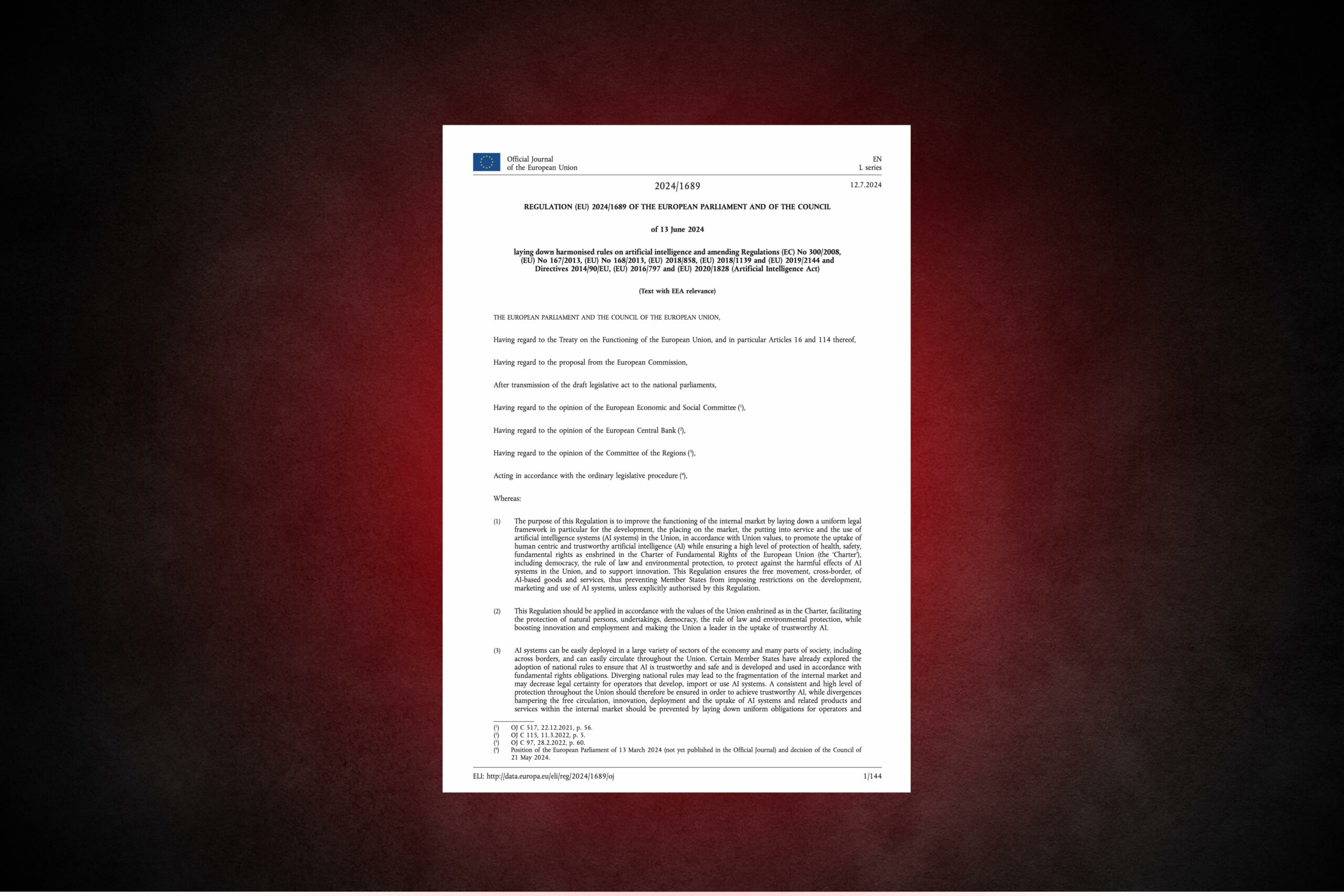One day, we will be in a position to develop evolutive regulation. The law will modify on “its own” using different machine learning systems adapting to their environment. “Future-proof” regulation will then become not only possible but also very handy. In the meantime, it is… not a great idea. At all. Let me explain.
Our world evolves constantly. Complexity science has been introduced in the late sixties to grasp how agents’ interaction shapes its environment and vice versa. Although some groundbreaking work has been done in the field, we are far, very far from being in a position to predict the future. In short, we haven’t figured it out.
In reaction, some legal scholars are pushing to develop “future-proof” regulation, that is, regulation that can be enacted with flexibility while remaining true to its original objective (see here for example). This, however, assumes that the objective of the regulation remains valid, no matter how the real-world changes. This is where the problem lies. No regulation is good regardless of its environment. The regulatory objective needs to modulate, adapt, evolve (see here, explaining how computational tools can help). When, on the contrary, the law does not evolve, one may encounter two alternative outcomes: (1) the law becomes inapplicable to its new environment, or (2) the law remains applicable but enforces an unwanted objective (such as always prohibiting or allowing a practice).
This reminds me of Stephen Colbert addressing George W. Bush at the 2006 White House Correspondents’ Association Dinner: “The greatest thing about this man is he’s steady. You know where he stands. He believes the same thing Wednesday, that he believed on Monday, no matter what happened Tuesday. Events can change; this man’s beliefs never will.” Let us not be Bushes of legal scholarship.
Dr. Thibault Schrepel
@LeConcurrential
***
Citation: Thibault Schrepel, Why “future proof” regulation is a bad idea, CONCURRENTIALISTE (March 22, 2021)








